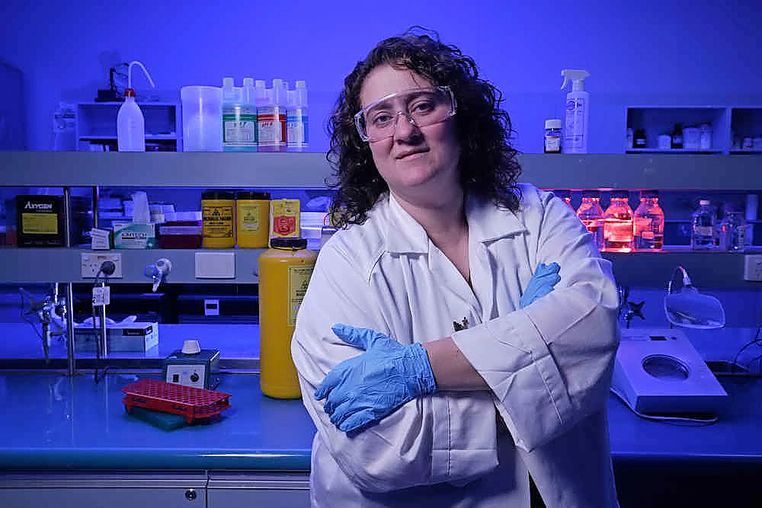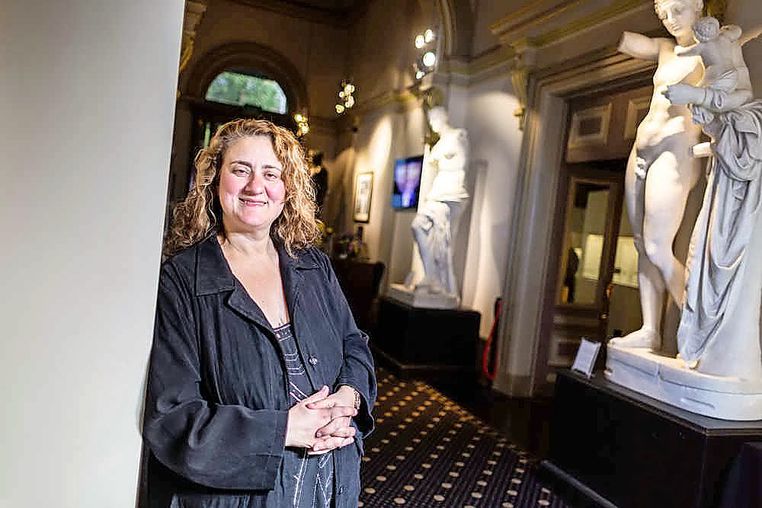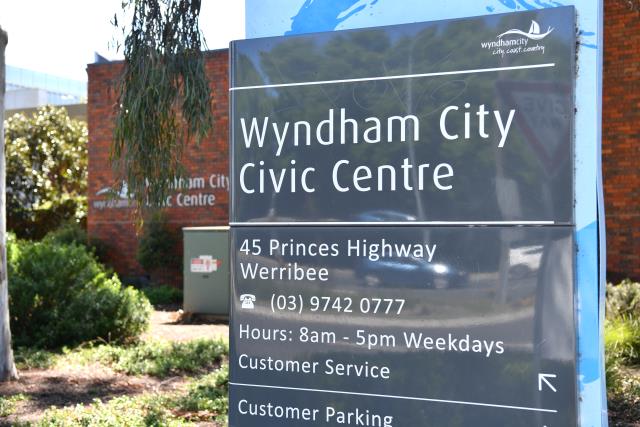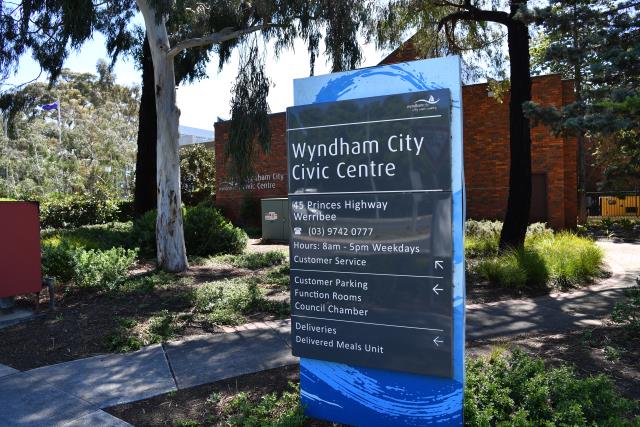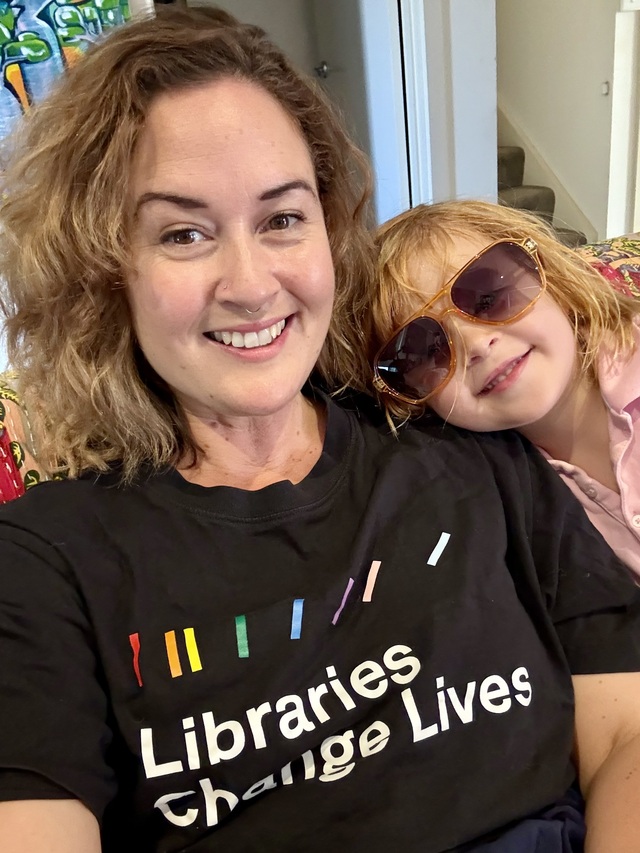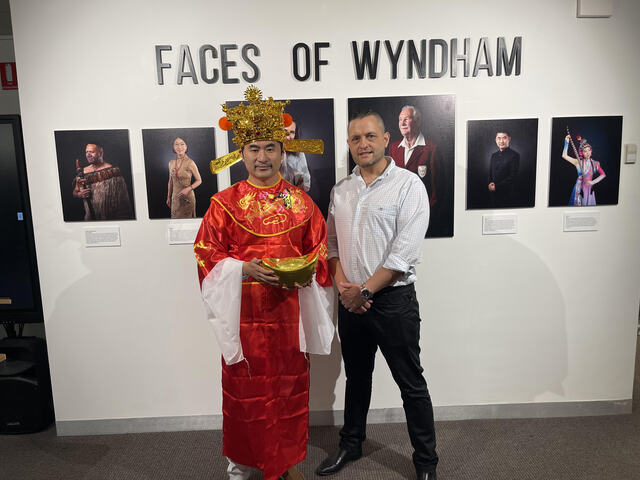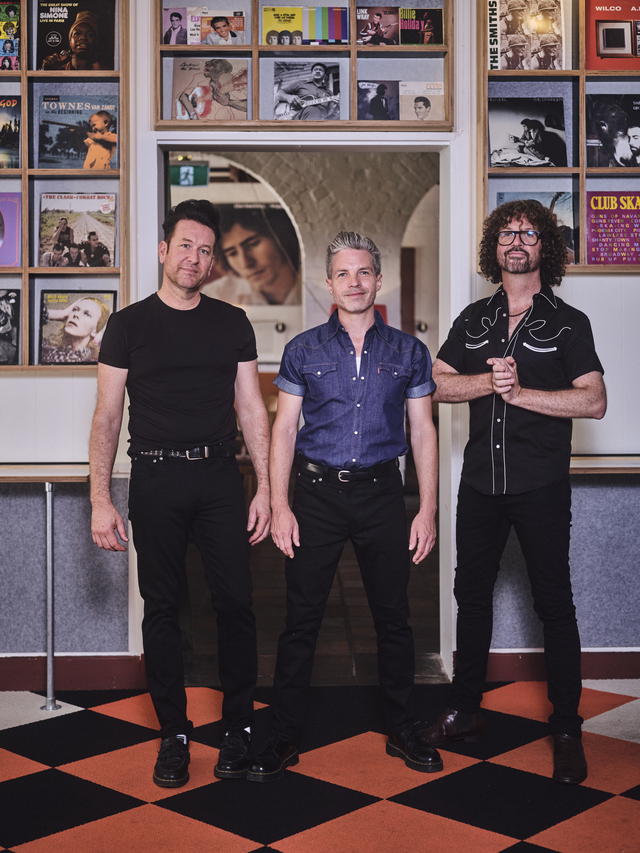By Joanna Catalano
Western suburbs researcher Professor Vasso Apostolopoulos, has spent decades developing cancer-fighting vaccines.
She’s now hopeful she’ll see the fruits of her labour routinely administered to cancer sufferers.
“That is my dream,” said Professor Apostolopoulos.
“We are getting closer all the time to finding viable, achievable ways to fight cancer and other diseases.”
Professor Apostolopoulos is Victoria University’s new acting vice-president of research and comes with an impressive resume.
She developed the world’s first vaccines for breast and ovarian cancer in the 1990s.
These vaccines are now in the final stages of commercialisation. She is optimistic that it is only a matter of years before the vaccine is routinely administered to young women, similar to the cervical cancer vaccine.
She came to Victoria University four years ago from the Austin and Burnet research institutes, after working around the world including at Oxford University and the Scripps Institute in San Diego.
She is of Greek descent, and a western suburbs girl at heart, born and raised in St Albans and currently residing in Sanctuary Lakes. She said she chose to work at VU because of its welcoming culture and the growing opportunities in Melbourne’s west.
She brought together members of Australia’s Greek and scientific communities recently, addressing them at a public lecture held at Melbourne’s Hellenic Museum.
She says her important work would not have been possible without major contributions and support from Australia’s Greek community.
“Much of my research has relied on the Greek community really getting behind me,” she said.
“If it wasn’t for their important fundraising events and donations towards my research over the years, we wouldn’t be at the stage with the vaccines we’re at.”
Professor Apostolopoulos said her grandfather’s early death from a brain tumour prompted her interest in researching cancer when she began university. Her research focuses on immunotherapy, systems that harness the power of the body’s immune system to identify and destroy cancer cells.
She describes her revolutionary work as “platform technology” that also offers hope in treating and preventing pancreatic, colon, and lung cancer, as well as multiple sclerosis.

